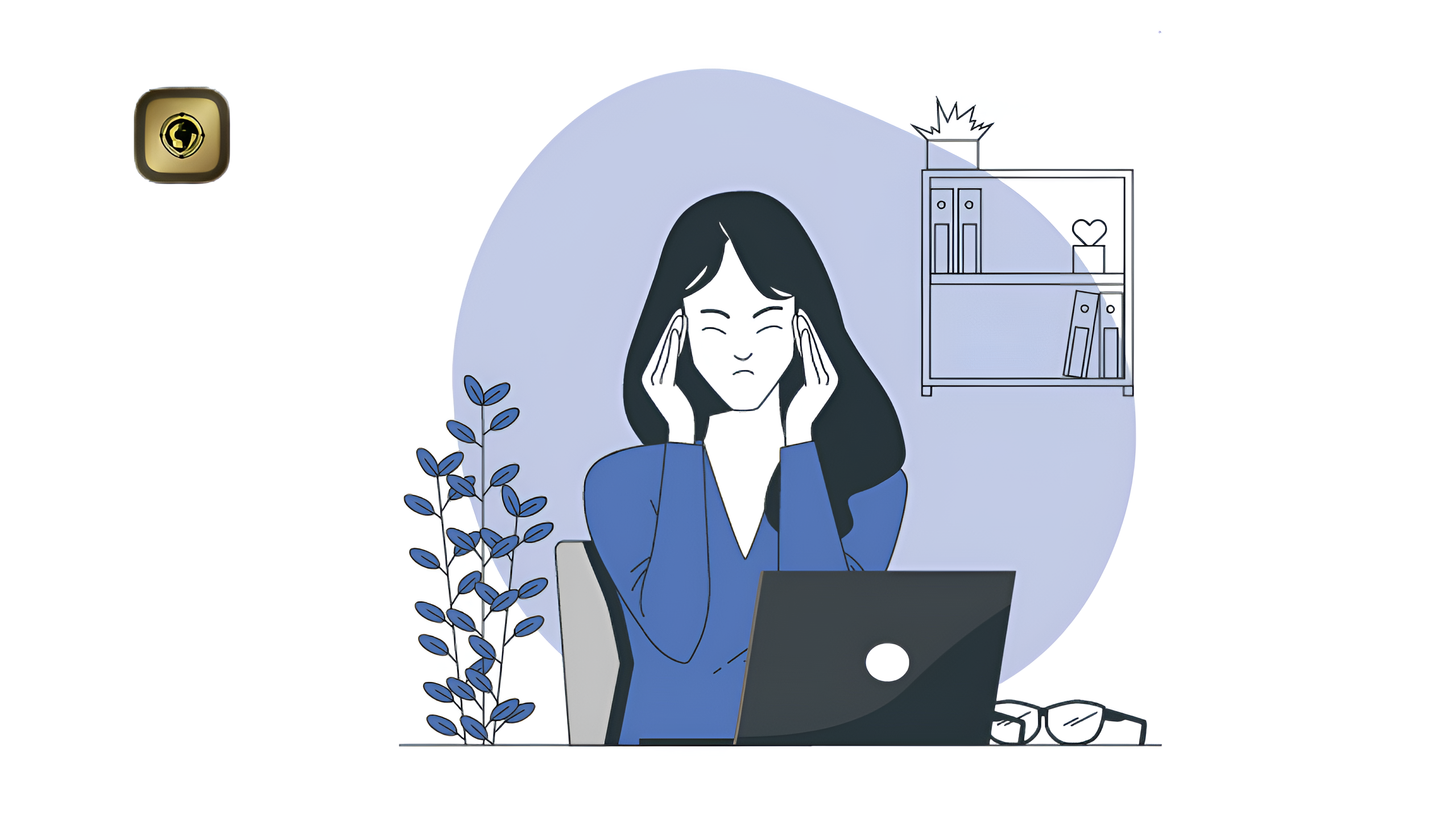April 1, 2025
A migraine is a psychosomatic condition where the mind affects the body. Migraine attacks are frequently triggered by psychological stressors like anger, grief, or frustration. Unlike regular headaches, migraines present severe throbbing pain alongside symptoms such as nausea and increased sensitivity to light and sound. When a migraine episode occurs, individuals seek effective methods to relieve the pain.
What is a Migraine?
Before delving into homeopathic solutions for migraines, it is essential to comprehend their nature. Migraines are severe, recurring headaches distinguished by throbbing or pulsating pain, usually on one side of the head. These headaches may persist for hours or even days, causing considerable discomfort and disrupting daily activities.
Along with intense pain, migraines commonly manifest a variety of other symptoms, including nausea, vomiting, light and sound sensitivity, and visual disturbances. Migraines can significantly impact an individual’s quality of life, making it challenging to work, focus, or take pleasure in everyday tasks.
Symptoms of Migraine
Identifying migraine symptoms is vital for effectively managing the condition and seeking suitable treatment. Common symptoms include:
- Intense headache, typically on one or both sides of the head
- Throbbing or pulsating pain
- Nausea and vomiting
- Sensitivity to light and sound
- Visual disturbances (e.g., zigzag lines or flashing lights)
- Numbness or tingling in the face
It is essential to recognize that migraine symptoms can differ from one person to another. Some individuals may experience additional symptoms, such as aura (visual disturbances) or even temporary paralysis.
Causes of Migraine
Although the precise origin of migraines is not yet completely understood, numerous factors contribute to their emergence:
- Genetic predisposition: Migraines often run in families, indicating a hereditary connection.
- Hormonal fluctuations: Variations in hormone levels, particularly in women during menstruation, pregnancy, or menopause, can provoke migraines.
- Environmental factors: Bright lights, loud sounds, strong odors, and certain weather patterns can trigger or exacerbate migraines.
- Food triggers: Certain foods such as aged cheese, chocolate, caffeine, and artificial sweeteners may act as triggers for some individuals.
- Stress and emotional factors: Elevated levels of stress, anxiety, or emotional distress can lead to migraines.
Stages of Migraine
Migraines typically advance through various stages. Not everyone experiences each stage, but understanding them can aid in symptom management more effectively.
- Prodrome: This initial stage occurs one or two days before the headache and includes subtle changes like mood fluctuations, food cravings, neck stiffness, and increased thirst.
- Aura: Not everybody experiences this stage. For those who do, it occurs just before the headache starts and may include visual disturbances, tingling sensations, and difficulty speaking or comprehending language.
- Headache: This is the most incapacitating phase, where the pain is generally localized to one side of the head and may last for several hours or days. It is often accompanied by nausea, vomiting, and sensitivity to light and sound.
- Postdrome: After the headache diminishes, individuals might feel fatigued, disoriented, and find it hard to concentrate.
Tips for Instant Migraine Relief
When a migraine occurs, it is essential to seek prompt relief. While homeopathy strives to provide long-term solutions, here are some natural suggestions to alleviate symptoms immediately:
- Find a Quiet, Dark Space: As light and sound sensitivity is frequent during migraines, isolating yourself in a peaceful, dim room can minimize external stimuli and lessen discomfort.
- Apply a Cold or Warm Compress: Using either a cold or warm compress on your head or neck can help soothe tense muscles and diminish pain. Try both methods to determine which one is most effective for you.
- Stay Hydrated: Dehydration can aggravate migraines. Make sure to drink ample water throughout the day to maintain hydration.
- Practice Relaxation Techniques: Deep breathing, meditation, and gentle stretches may help calm your body and reduce migraine symptoms. Identify a technique that suits you best.
- Avoid Triggers: If you have identified specific foods, scents, or environmental elements that provoke your migraines, make an effort to steer clear of them as much as possible.
These strategies may offer temporary comfort. For more enduring effects, however, homeopathy provides a more reliable method for treating migraines.
Homeopathic Remedies for Headaches and Migraines
Though numerous methods exist for treating migraines, some individuals may wish to explore a homeopathic perspective. Homeopathic treatments for migraines concentrate on the psychological dimensions of the individual.
For those unfamiliar, homeopathy is a medical approach that operates on the principle of ‘like cures like.’ Homeopathic practitioners assert that a substance that may elicit symptoms of a specific illness in a healthy individual can be utilized to remedy that illness in someone else. Furthermore, homeopathy emphasizes recognizing the person’s distinct symptoms and characteristics, subsequently prescribing treatments accordingly.
When it comes to migraines, various remedies are available for consideration. These medications should only be taken under the supervision and guidance of a licensed medical professional.



Leave A Comment